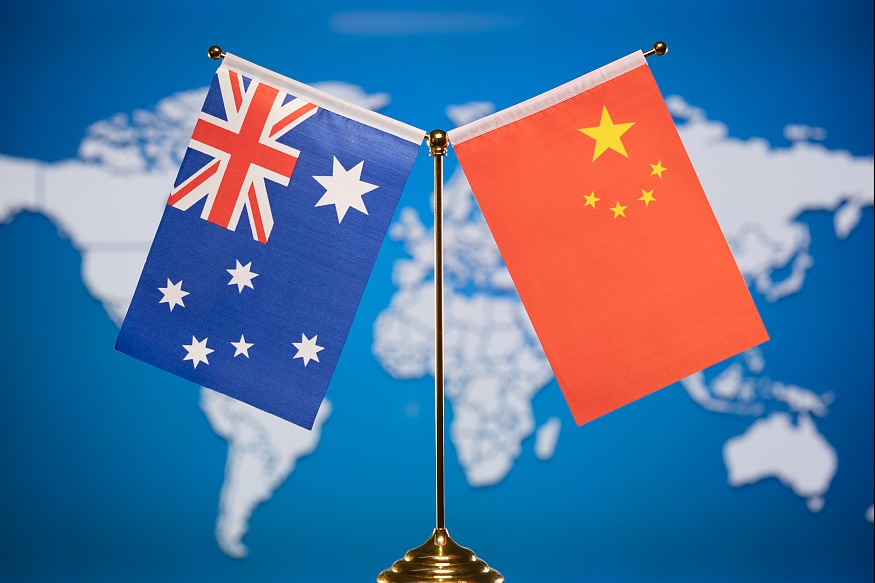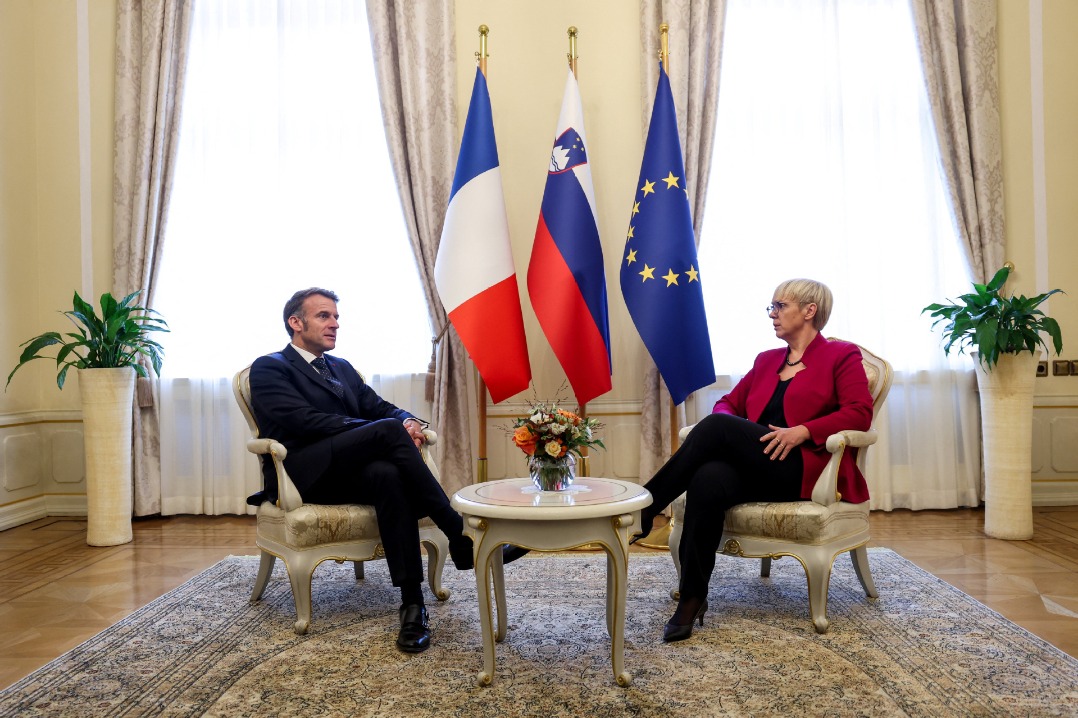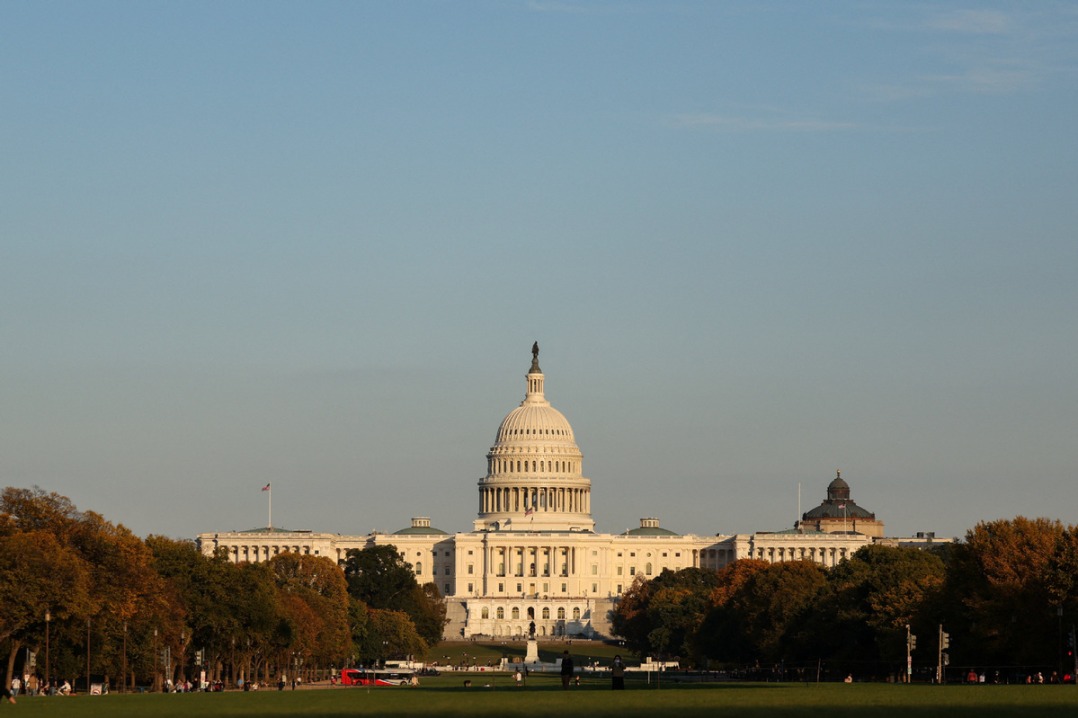China surpasses US in German trade

China has reclaimed top spot as Germany's largest trading partner, as higher tariffs imposed by the United States weighed on German exports, early figures from the German statistics office indicate.
Germany's trade with China totaled 163.4 billion euros ($189.7 billion) from January to August, narrowly topping the 162.8 billion euros recorded with the United States, according to Reuters calculations.
The balance of German trade has shifted back toward China, after the US imposed high tariffs earlier this year.
In 2024, by contrast, the US briefly took the top spot, ending China's eight-year run.
The 2025 import duties have dragged on German exports to the US, which fell 7.4 percent in the first eight months versus 2024, to 99.6 billion euros. In August alone, shipments to the US dropped 23.5 percent year-on-year, indicating the slide is accelerating.
"There is no question that US tariff and trade policy is an important reason for the decline in sales," Dirk Jandura, president of the Federation of German Wholesale, Foreign Trade and Services, said.
He added that US demand for classic German export staples, such as cars, machinery, and chemicals, has waned.
With tariffs still looming and the euro stronger, a recovery in German exports to the US appears unlikely in the near term, said Carsten Brzeski, global head of macro at ING, a multinational banking and financial services corporation headquartered in Amsterdam.
Germany's imports from China rose 8.3 percent, to 108.8 billion euros in the first eight months of 2025, while exports to China fell 13.5 percent year-on-year, to 54.7 billion euros.
"In the absence of economic dynamism at home, some in Germany may now be troubled by any shifts on world markets," said Berenberg economist Salomon Fiedler.
Facing mounting criticism over Germany's weak growth and eroding industrial strength, Germany's Chancellor Friedrich Merz told lawmakers last week Europe as a whole must make sweeping economic reforms.
After two years of contraction and with little growth expected this year, exacerbated by the impact of US tariffs on Germany's export model, the nation's business leaders are urging Merz to be bolder.
His centrist coalition has pledged labor and welfare reforms, while Merz has been pressing the European Union to cut red tape, deepen the single market, and clinch more global trade deals, reported Politico.
"We do not have a problem with awareness in Europe; we have a problem with implementation," Merz said last week. "I therefore intend to raise this implementation issue again with our European partners. And once again, this primarily concerns the competitiveness of our European economy."
































